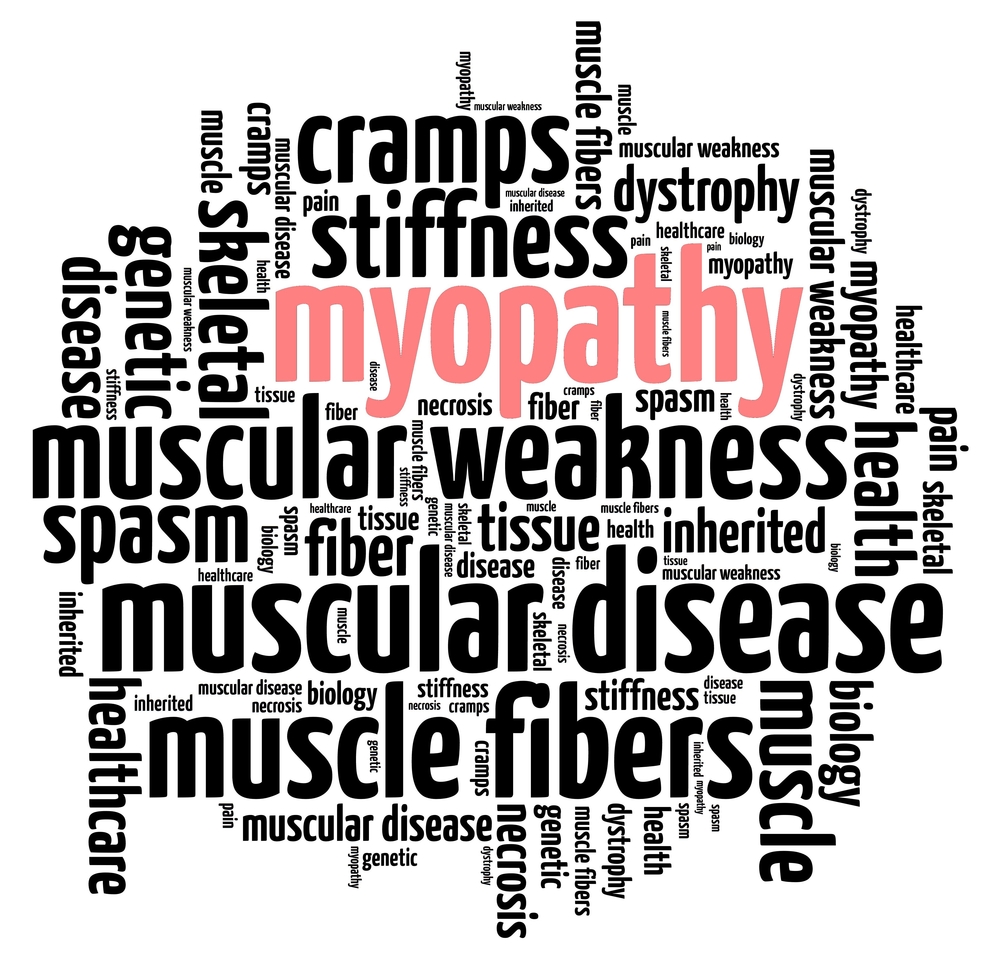Prmt5 Regulates Muscle Stem Cells During Muscle Regeneration

A novel study from Max Planck Institute for Heart and Lung Research investigators revealed a novel protein, Prmt5, as a crucial player in the regulation of muscle stem cells during muscle regeneration. The study entitled “Prmt5 is a regulator of muscle stem cell expansion in adult mice” was published this June in Nature Communications.
Organ-specific adult stem cells allows the continuous regeneration of various tissues during adult life. Adult skeletal muscle stem cells (MuSC) are represented by a specialized group of myofibre-associated cells named satellite cells. These are small spherical stem cells localized in the muscle within the individual muscles fibres. In normal conditions MuSC remains almost completely inactive although after injury or excessive exercise these cells exit quiescence (dormant state), proliferate and differentiate to form new myofibres or combine with myofibres to fully restore damaged skeletal muscle tissues. Under pathological conditions and ageing, studies have shown MuSCs is crucial for muscle repair.
The transition between MuSCs’ inactive state to a level of increased activity needs to be highly regulated, as uncontrolled proliferation in healthy muscle tissue may increase the probability of cancer development. On the other hand, muscle regeneration is prevented if the activation of satellite cells is not precise in an injury situation.
The research team identified 120 genes from isolated mouse muscle stem cells which appeared crucial for the normal function of MuSCs. Next, the team inhibited one of the target genes, Prmt5, in satellite cells of healthy adult mice, observing no muscular effect. However, under injury, these animals’ muscles were unable to regenerate when compared to control animals with an active Prmt5 gene that recovered normally.
“Instead of growing new muscle tissue, the mice without Prmt5 eventually developed clear signs of fibrosis” said Ting Zhang, lead study author.
The research team went further and evaluated the impact of Prmt5 in the regulation of muscle regeneration. They found that in the absence of Prmt5 mice had a significant reduction in the number of satellite cells, suggesting this genes plays an important role in these cells’ regulation and proliferation. Moreover, it seemed Prmt5 also prevented premature death of satellite cells and had a key role in generating functional muscle fibres from MuSCs.
“The loss of muscle tissue in the absence of Prmt5 shows clear parallels to degenerative muscle disorders such as Duchenne muscular dystrophy”, said Dr. Johnny Kim, study co-author.
In the future, the team expects that mice without Prmt5 gene may be used as model for Duchenne muscular dystrophy and anticipate their study can contribute for a better understanding of the etiology of human muscle disorders.






